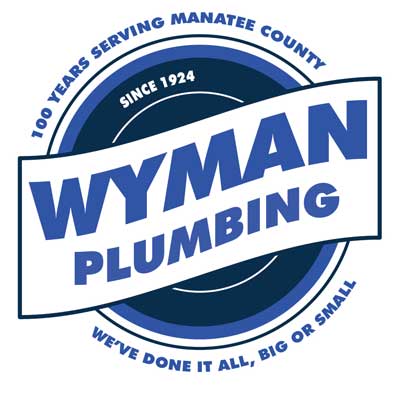Sewage-related litter, an issue few of us think about until it becomes unavoidable, has an unfortunate impact on our homes and the surrounding environment. In Bradenton, the risk of sewage backups and blockages increases with seasonal rains, aging infrastructure, and the unique challenges of coastal living. From non-biodegradable items to fats, oils, and grease, improperly disposed materials can lead to costly damage in homes and create significant health risks.
Here’s what every Bradenton homeowner should know about sewage-related litter, the problems it can cause, and practical steps to help prevent it.

What is Sewage-Related Litter?
Sewage-related litter consists of materials that clog up pipes, contribute to backups, and sometimes flow back into homes or nearby water systems. This type of litter commonly includes:
- Wet wipes, sanitary products, and diapers: These products don’t break down easily in water and can lead to significant blockages in pipes and sewer lines.
- Fats, oils, and grease (FOG): These substances stick to pipes and can solidify, building up over time and creating clogs.
- Household items and debris: Anything from dental floss to small plastic wrappers and cigarette butts can end up in drains, especially if they’re accidentally flushed or washed down.
How Does Sewage-Related Litter Affect Homes in Bradenton?
Bradenton’s tropical weather and frequent rains put additional stress on the sewage system, making it more prone to blockages and overflow events. Homes that experience sewage backups face issues such as:
- Water Damage: Backed-up sewage can seep into walls, floors, and furniture, causing extensive damage and requiring costly repairs.
- Health Risks: Sewage water carries bacteria, viruses, and other pathogens that pose serious health risks to residents.
- Unpleasant Odors: Even after cleaning, residual smells can linger and lower the home’s air quality.
Preventing Sewage-Related Litter in Your Home
The best way to tackle sewage-related litter is to prevent it from entering your home’s plumbing system in the first place. Here are some practical steps:
- Only Flush Toilet Paper
Even products labeled “flushable” (like wet wipes) can contribute to blockages. Stick to flushing toilet paper only, as it’s designed to break down in water. Even if they say flushable, they’re not! - Dispose of Grease Properly
Pour used oils and fats into a container and throw it away with the trash, rather than pouring it down the drain. Even small amounts of grease can solidify in pipes and contribute to major clogs over time. - Use Drain Screens
Place screens over drains to catch hair, food particles, and other small debris. This can prevent items from going down the drain and building up in your pipes. - Educate Household Members
Ensuring everyone in the household understands what should and shouldn’t go down drains or be flushed is a simple but effective step in preventing plumbing issues. - Schedule Routine Plumbing Maintenance
Regular inspections and cleanings by a professional plumber can help catch minor issues before they become significant problems, especially if you live in an area prone to heavy rain and flooding.
What to Do If You Experience a Sewage Backup
Despite all preventive measures, sewage backups can still occur, especially in regions like Bradenton with complex stormwater and sewage systems. Here’s what you can do:
- Contact a Professional Immediately: A sewage backup is a serious issue that requires prompt attention from a professional plumber to prevent further contamination or damage.
- Avoid Contact with the Affected Area: Keep pets and family members away from contaminated areas to avoid health risks.
- Remove Valuable Items: If safe, remove any valuable items from the area to prevent further damage.
- Clean and Sanitize: After the plumber resolves the issue, thoroughly clean and sanitize the affected areas. Professional cleaning services may be necessary if the backup was severe.
The Bigger Picture: How Bradenton Residents Can Help
Sewage-related litter isn’t just a household issue; it impacts our entire community and local waterways. By doing our part, we can all help to maintain a cleaner, safer Bradenton. Sewage-related litter doesn’t have to be a recurring problem in Bradenton. With a little effort and awareness, we can all contribute to a cleaner environment, safer homes, and a healthier community. We have been serving the Bradenton area for 100 years, and would love to do it for 100 more!!!
